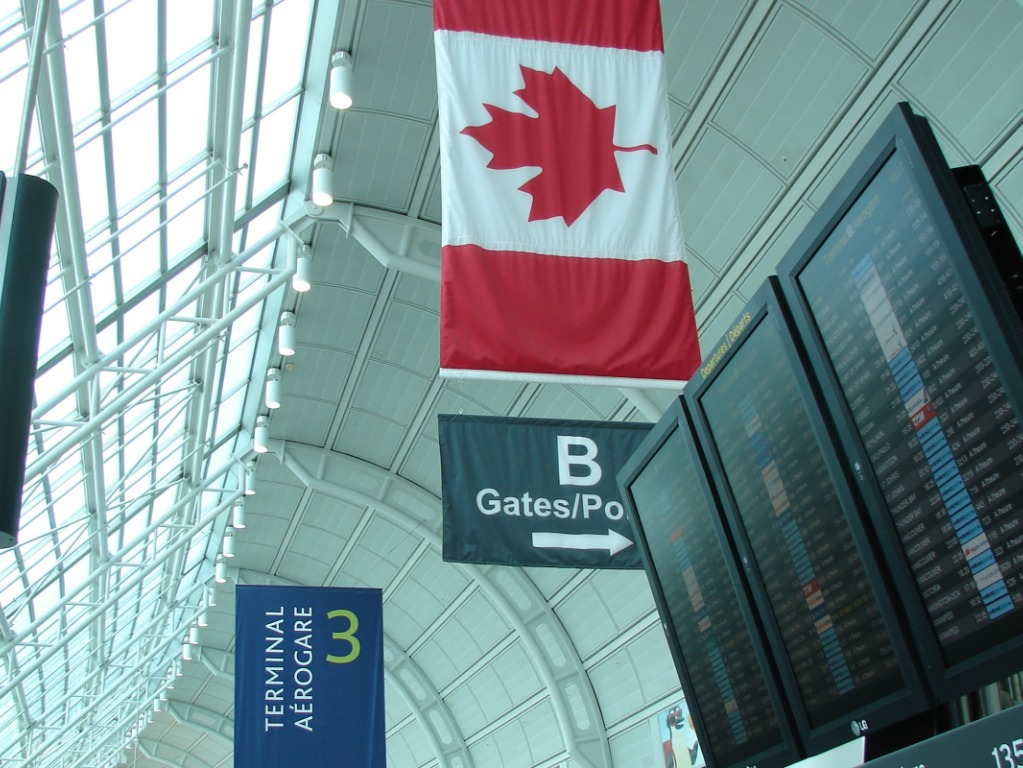CBSA workers vote to strike, and the government responds

Advertisement: Click here to learn how to Generate Art From Text
Over 9,000 members of Public Service Alliance of Canada, who work for the Canada Border Services Agency, voted by a large majority to give their union the right to strike.
The busy summer season could see significant disruptions of the flow of goods, people and services through Canadian ports.
96% of members voted in favor of taking action on the job during strike votes held from April 10 to May 23, 2024.
Chris Aylward said: “Taking job action is always a last resort, but this strong strike mandate underscores that our members are prepared do what it takes to secure a fair contract.”
And continued Aylward “Unless they want a repeat of 2021, Treasury Board and CBSA must be prepared to come to the table with a fair offer that addresses our key issues.”
Job action by CBSA personnel in 2021 nearly brought commercial cross-border traffic to a standstill, causing major delays at airports and borders across the country and a marathon 36-hour bargaining session to reach an agreement.
PSAC-Customs and Immigration Union members at CBSA are border services officers in airports, land-entry points, marine ports and commercial ports of entrance, as well as inland enforcement officers and investigators. They also include trade officers and non-uniformed staff at the CBSA’s headquarters.
In a response to the announcement of a strike mandate, Treasury Board of Canada Secretariat said in a press release that “the government is fully committed to reaching a fair and reasonable agreement for border services employees. We have already signed renewed agreements with more than 80% of the public service, and if the union is ready to negotiate in good faith, we can do the same for Border Services group employees.”
The union points out, however, that workers haven’t had a contract since over two years. “Treasury Board and CBSA are still not prepared to negotiate an agreement that protects workers, and continue to demand concessions at the bargaining table.”
The union has identified fair wages, flexible telework options, equitable retirement plans, and stronger protections for discipline, technology change, and work hours as key issues.
Mark Weber, CIU’s National President, said: “Our members’ response to this vote has been unprecedented – we extended the voting period to meet the overwhelming demand from workers.”
And Weber also added: “We’re sending a clear message to the employer: we’re prepared to fight for fair wages, equitable retirement and to make CBSA a better place to work.”
TBS said in its statement: “We recognize that labour action is a legitimate part of collective bargaining. Employees have the right to strike, but at this time it is unnecessary. We are ready and willing to return to the bargaining table at any time.”
Both parties last met on April 22 at a Public Interest Commission hearing. The Commission’s report is expected to be released before mediation sessions — which are scheduled to begin June 3 — to seek a resolution to the bargaining impasse.
Unless a settlement is reached, PSAC will be in a legal striking position seven days following the release of the PIC report.
Said Aylward “We’re committed to reaching a fair contract that protects workers and improves working conditions for our members.”
And, Aylward continued: “As summer travel season nears, we hope the Trudeau Liberal government is making these negotiations a top priority. The window to avert a strike is closing quickly.”
TBS stated in its statement that “there are important upcoming opportunities where both parties can make real progress toward an agreement,” before continuing “we believe these opportunities can provide a clear path to an agreement without the undue hardship for employees and the public caused by a strike.
The report also stated that it was not the only source of information. “will do everything possible to reach a responsible and competitive agreement … in the event of strike action, Canadians should know that 90% of front-line border services employees are designated as essential, meaning they must continue providing services during a strike.”
And TBS’ statement concluded: “The best agreements are reached at the bargaining table. Rather than planning for disruption, PSAC should focus on negotiation so we can reach an agreement as quickly as possible that is fair to employees and taxpayers.”

‘ Credit:
Original content by www.travelpress.com: “CBSA workers vote for strike mandate, the government responds”
Read the full article here https://www.travelpress.com/cbsa-workers-vote-in-favour-of-strike-mandate-government-responds/




